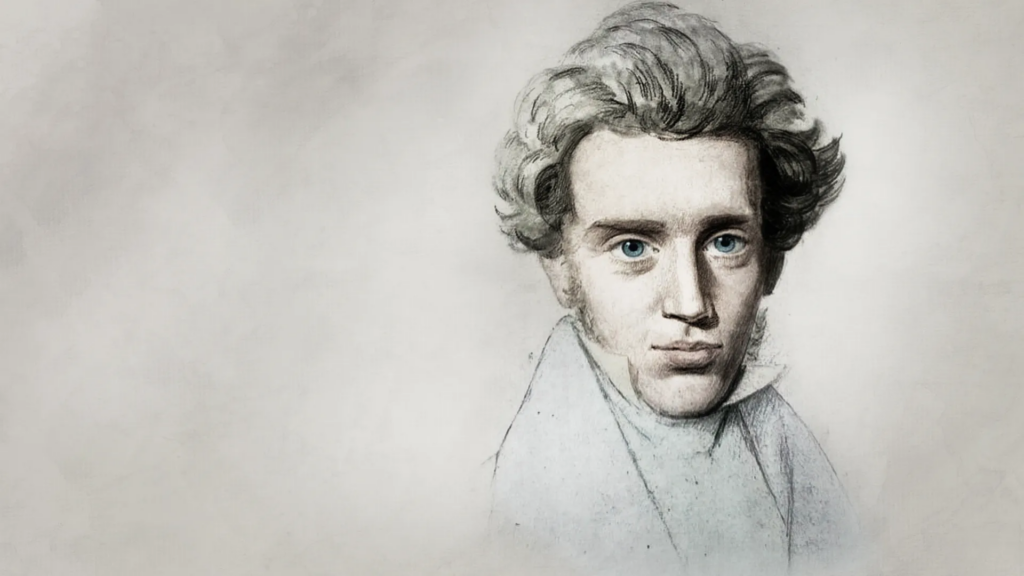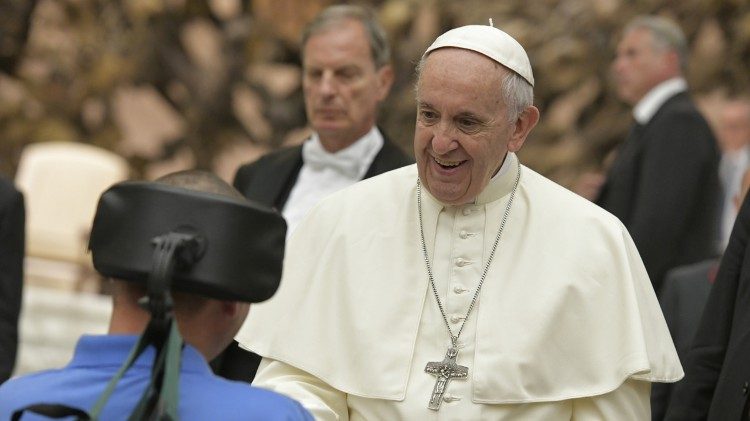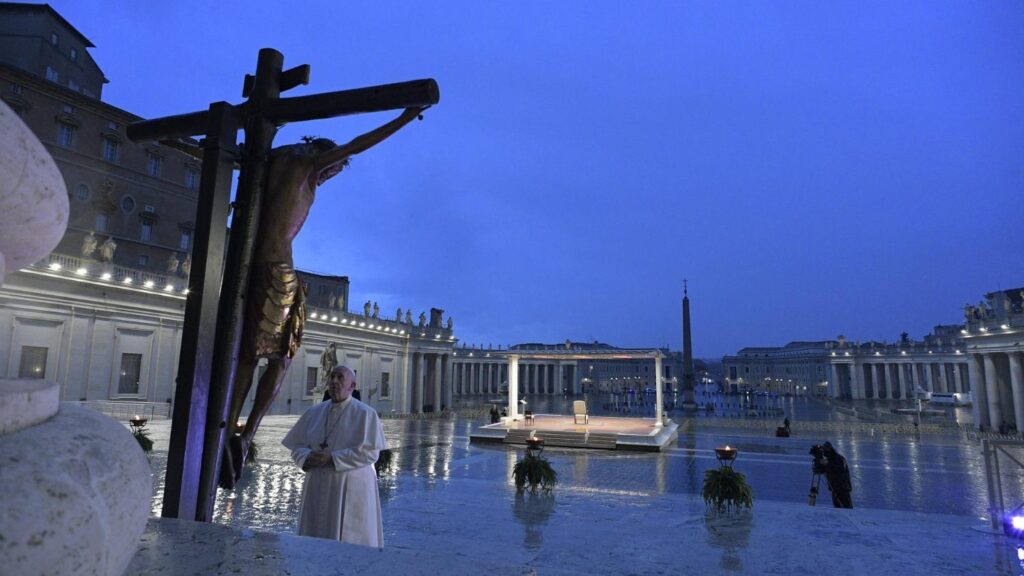The politics of real freedoms
Freedom and equality (Untamed Page, 2021) is the title of the last conference that Raymond Aron (1905-1983) gave at the College of France in 1978. The prologue and edition are in the care of one of his most prominent disciples, Pierre Manent. He does not miss the calm reading of the lecture or the prologue that […]

Freedom and equality (Untamed Page, 2021) is the title of the last conference that Raymond Aron (1905-1983) gave at the College of France in 1978. The prologue and edition are in the care of one of his most prominent disciples, Pierre Manent. He does not miss the calm reading of the lecture or the prologue that situates the teacher’s thoughts. As a good observer of reality, Aron meditates on the empirical and historical freedoms of a liberal and democratic society.
I like to talk more about liberties than about freedom, which is why I group them into three large groups: personal freedoms (security, transit, job choice, religious freedom – opinion, expression, communication -), political freedoms (voting, protesting, meeting) and social (health, education). The list is not exhaustive. Of all of them, he emphasizes personal freedoms and royal par excellence. Look at these freedoms in counterpoint with the State seen as power: a power to protect these freedoms and themselves bastions to defend us from power, whether in its state form or its corporate manifestation (cf. pp. 53-60). Aron moves in this circle of power very typical of the Cold War, a stark dialectic of rulers and governed, power and oppression, command and obedience easily observable in the reigning political totalitarianisms and in industrial practices that ignore the human side of organizations.
I think the observation he makes about the contrast in the content of freedoms that was already observed in the 1970s is particularly important. Until then, the free man was thought of as the reasonable person who accepts his condition as a citizen and the laws. of society (cf. p. 79). On the contrary, the vision that emerges in this decade is the figure of the libertarian man, one who seeks the liberation of desires to the point of seeing the State and its institutions as enemies, given that they limit individual freedoms. Aron sees, in this last attitude, a rejection of the reality principle, seeking the liberation of the pleasure principle so that eros can emerge (cf. p. 81). This drift to the liberation of desires, which only emerged in the 70s, is already evident in current Western culture: Alasdair MacIntyre calls it expressionism.
With clarity and acuity, Aron indicates that every regime must be defined by legitimacy and an ideal. Legitimacy is based on political freedoms, personal freedoms and electoral procedures. It is the procedural dimension into which the democracy of our time emerged. On the contrary, Aron himself points out, the ideal has weakened, the virtuous life of the citizen has been disappearing as a shaping element of the democratic regime. He states, with regret, “that we no longer know in our democracies where virtue is. And the truth is that the theories of democracy and the theories of liberalism always included something like the definition of the virtuous citizen or the way of living that would conform to the ideal of a free society (p.81).”
He ends his conference with this disturbing reflection: “is it possible to give stability to democratic regimes whose principle of legitimacy consists of elections and whose ideal lies in the right or freedom for each person to choose not only their path in life, which is fair, but also his conception of good and evil? The fact is that today it seems extremely difficult for me to talk seriously, whether in high schools or universities, about the duties of citizens. I think that anyone who dares to do it will seem to belong to a disappeared world” (p.82). This is, it seems to me, the most urgent problem that contemporary democracy has to face: continuing with the procedures and making room for the ideals, the virtues of citizenship.
A democracy of mere procedures only floats. Likewise, a democracy that reduces its legality to the conquest of power in order to thrive from it, is located in the metaverse of reality: a world disconnected from the heartbeats of the ordinary citizen. Real democracy, Peruvian democracy, to be consistent, must be based on shared ideals and a living memory of its history, from whose roots the healthy trunk of its future is nourished: origin, promise and destiny.
Related

His Hope Does Not Die!
Mario J. Paredes
24 April, 2025
6 min

The Religious Writer with a Fighting Heart
Francisco Bobadilla
24 April, 2025
4 min

Francis. The Human and Religious Imprint of a Papacy
Isabel Orellana
24 April, 2025
5 min

Cardinal Felipe Arizmendi: With the Risen Christ, There Is Hope
Felipe Arizmendi
24 April, 2025
6 min
 (EN)
(EN)
 (ES)
(ES)
 (IT)
(IT)

